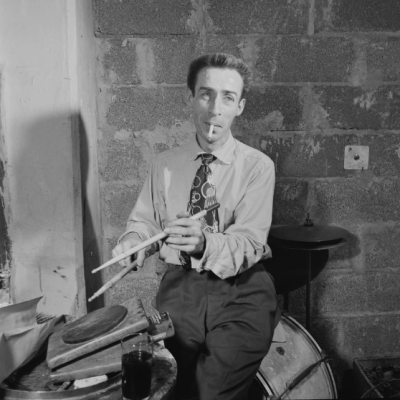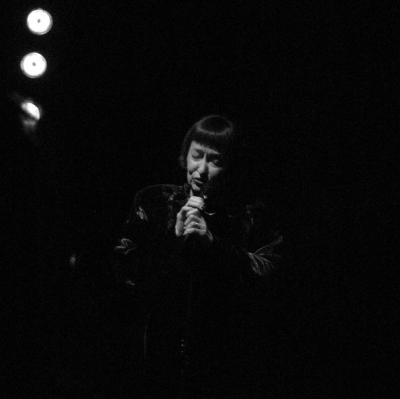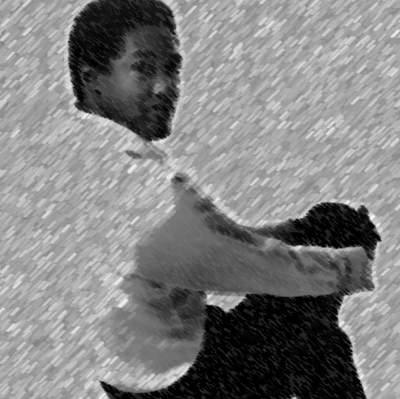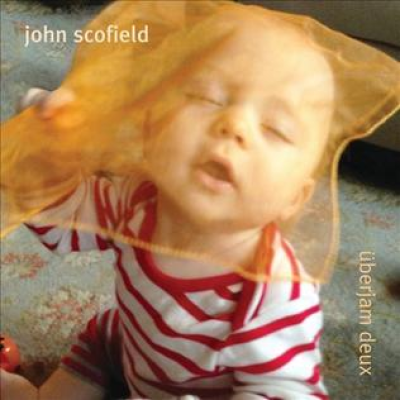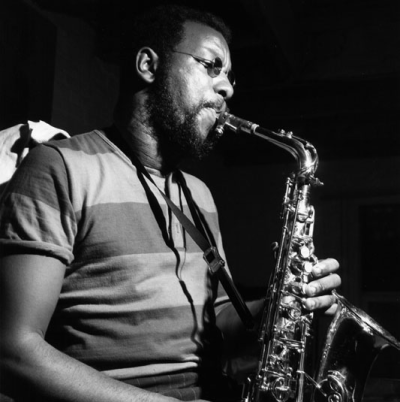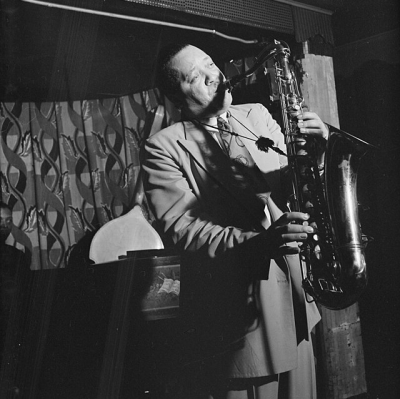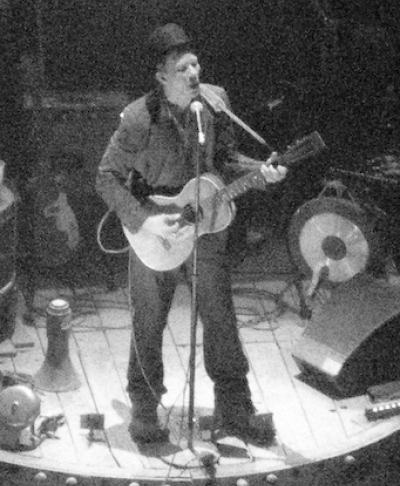.
.
“Live a Little,” a story by Anisha Johnson, was a finalist in our recently concluded 50th Short Fiction Contest. It is published with the permission of the author.
.
.
.
Live a Little
by
Anisha Johnson
.
___
.
…..Stelle eyed herself in the bathroom mirror, nodded firmly at her reflection, and tore her wig off.
…..Her new shingle cut was so sharp it could have sliced through paper like scissors, and it gleamed the same glossy hue as ink. She smoothed the pads of her thumbs against her head to straighten the curls that had bloomed beneath the wig, and examined herself with satisfaction. She was a painting of dark hair and dark eyes and moony skin, with perfectly crimson lips and a figure that was concave and convex in all the right places. Her skirt came to an abrupt end just above her knees and her elbow-length gloves were even downier than down. Perfect.
…..“You are ab-so-lute-ly the fiercest bearcat in town,” she promised herself. If she said it enough, she’d believe it.
…..Stelle snapped her gloves against her elbows and sauntered back into her bedroom. The window to the fire escape was just to the left of her bed, and she opened it with a grunt. The humid New York City air slapped her petulantly in the face, along with the stink of horse dung and cabs and all the other forms of transportation that clustered inside the city. Stelle didn’t bother being cautious as she clambered outside and flopped onto the iron floor; her parents and Henry wouldn’t suspect anything. They thought she was in bed with a stomachache. They wouldn’t try to come in.
…..Henry was her beau. At least, he thought he was. He’d be horrified if he knew who Stelle really loved. She’d have to worry about that later.
…..Her wig sat abandoned on her windowsill, a remnant of her parents’ world, the world in which Stelle had to hide her true self from them. She wiggled the window closed to keep the night out of her room and trotted down the stairs, her flats kicking against the metal. She could feel gazes snagging on her from all sides as she entered the street — the admiring stares of young women who wished they were brave enough to imitate her, the disapproving stares of old women who wondered what the world was coming to, and the sideways stares of young and old men alike who whistled casually and pretended they weren’t looking. Stelle did her best to ignore them all, approval and disapproval both, but she didn’t quite manage.
…..Her best girl was waiting for her on the street corner ahead, a smudgy shadow in the night. Her skirts swirled in the shadows, and her appealingly crooked nose was starkly visible in the streetlights’ glare. Her face was set on fire by a smoky grin of delight as Stelle ran right up to her. She grabbed Stelle’s arms and kissed her sweetly, and Stelle’s own grin faded. “Hold it, Mar. We alone?” she asked nervously, pulling away and staring around to make sure nobody was watching.
…..“Aww, who cares, ‘Elle? We can’t stop livin’ just ‘cause other people are watchin’.” Margaret kissed her again, more firmly this time. “Come on. We got a date to get to.”
…..Margaret and Stelle walked down the street, their eyes and hearts full of nothing but each other. The sting of New York City smog punctured their skin and the petulant whine of traffic buzzed all over, but none of that mattered. Their pinkies touched and swung away and touched again, but Stelle, to her shame, didn’t have the nerve to hold her girl’s hand. Not there with everybody watching.
…..So much for being the fiercest bearcat in town.
…..Soon enough, they reached their destination. Or, rather, their destination reached them, for the sound of it could be heard hanging in the air long before it could be seen. The faint, inviting catcalls of trumpets, along with the thumping bass and whirligig notes of a piano, all working together in a synchronization that was perfect because it was so unsynchronized. It was the sound of jazz, the sound that always spewed out of the bar that Mar and Stelle frequented.
…..The bar was a cramped, shabby little place that lurked in the basement beneath the streets, opaque with smoke and furnished with rough ceilings that looked like the sidewalks overhead, a battered baby grand piano, and red cushions and wall hangings. As usual, Stelle began the date by escorting Mar to the counter, where they purchased two fluted glasses full of the bartender’s latest concoction. The jazz band was on break, so the air was a roar of chatter as the two girls sat there and tipped the alcohol past their lips. Stelle’s sips were hesitant and cautious; she remembered with every one that she was breaking the law. Mar, on the other hand, didn’t seem apologetic about sidestepping Prohibition at all.
…..Then, all of a sudden, the music started up again, and the club roared back to life.
…..The jazz band must have trooped in while Stelle had been busy staring dreamily at Margaret, because she hadn’t even heard them coming. But the moment the first note came to life, she could hardly imagine that the music had ever been absent. The pianist, a thin man with even thinner fingers and a newsie’s cap, hunched low over the keys, his left hand pounding a broken-up beat and his right hand musing over combinations and rolls of high-pitched notes that soared like ocean swells. The bassist and the drummer swayed together as they plucked out a rhythmic beat, and the trumpet player in the front swayed over his golden horn, sucking in breath and spitting out notes that sliced into the air like knives. It was a made-up song, but it was more solid than a real one.
…..The patrons in the bar whooped and hollered, animated by their shared enthusiasm for the music. The empty space in the middle of the bar stools and booth suddenly transformed into a dance floor as it was stormed by couples dancing and laughing and even singing, making up all the words as they went — a testament to the exploratory power of jazz. There was no right way to do anything because everything was the right way. There were no lists to follow, no steps – just footsteps, shuffling around and mingling with other ones.
…..Mar tapped Stelle’s finger, and the wattage of her smile was brighter than a hundred thousand lamps. “Stelle. Baby. We gotta dance.”
…..“We can’t dance together,” she protested. “With all these people watching? We’ll —”
…..Mar grabbed both her arms and marched her right over to the dance floor. “Too late. We’re dancing.”
…..But she wasn’t smiling anymore.
…..Stelle noticed this, and even as she reluctantly began swinging her arms and snapping her fingers in rhythm to the music, she was wondering why. “Mar…”
…..“Look, Stelle.” Mar squeezed Stelle’s hands, raising her voice over the hum of the jazz. “I’ve been thinking. And you know what? You’re far too caught up in other people. Whether they’re watchin’ you, whether they’re laughin’ at you. And it has to stop. I can’t stand it.”
…..“But Mar!” Stelle’s throat felt like it was crumbling. “I – I’m just so worried. What if someone else sees us and doesn’t want us to be together, what if —”
…..“Who cares what they want?” she demanded. “Who gives a damn? Stelle, I’d rather not be with you at all than be with you and not have a soul know it except for the two of us. It ain’t right. Look around you. Do you see anyone staring at us holding hands? Huh? Do you?”
….. Stelled looked and realized that, in fact, she didn’t. No one had enough glances to spare for her and Mar. Everyone was spending them all on their own partners.
…..“You see? No one cares about us. They’ve got their own lives to worry about.” Margaret spun away and then back again in tune with the music. “Not everybody’s watchin’ you. Not everybody’s out to get you. You have to forget them, Stelle. No one’s lookin’ at you and if they are, then screw ‘em. You don’t need to be somebody for anybody else. What you do need to be is more like that music.” She jerked a thumb at the jazz band, which, as if to prove her point, suddenly shifted into a whole new key. “You need to live a little. Get out there and try new things and be brave without carin’ who hears you. If you make a mistake, keep right on goin’. But don’t treat me like one of those mistakes. Alright? ‘Cause that’s how you’ve been actin’, the way you’re so set on hiding us from the world.” Mar paused and tilted her head, her footsteps slowing, her eyes softening. “I love you, Stelle. But you need to think about what I said. ‘Cause I can’t take much more of this.”
…..She wrested away and sat back down at their table, leaving Stelle speechless in the middle of a dance floor that was whirling and spinning without her, that had left her behind.
…..The rest of their date was much more subdued than usual, and so was the night sky when they finally strolled out beneath its canopy of stars. “I have to go,” Stelle said, even though they both knew that already.
…..Mar nodded and stooped in for a final kiss. Her lips barely brushed Stelle’s cheeks, and they both felt the distance as though it were a chasm. “You think about what I said,” she reminded her again, and then she was gone, a swirl of skirts amidst a sleeping city.
….. Stelle hurried home; her parents would still be awake because Henry was there, and there was a chance they might come in to see her before bed. The sound of the jazz from the club snaked behind her all the way home, trailing her through alleyways that were as forlorn as children looking for their mothers, parks that were gray instead of green as they tried to scrape up what little of the moonlight they could, streets that churned with the occasional cab and nothing more.
…..Finally, her building loomed ahead of her. Stelle pressed her fingers against her hair to rake the breeze out of it, and made for the fire escape.
…..And then she hesitated.
…..Because, as usual, Margaret was right. Stelle couldn’t do this anymore, either to herself or to Mar. If you spend your whole life hiding, you never see the sunlight.
…..Squinting hard, Stelle stared up at her window. A stiff curl of hair peeped out of it — her wig. She was going to have to sneak back up and wrestle that thing back on her head and change back into her demure, stifling dress and pretend that she was innocently ill in bed. That wasn’t freedom.
…..Being a flapper girl was supposed to mean being brave. But this wasn’t brave, this hiding. Stelle had thought real strength was being bold enough to sneak out, but it wasn’t. Real strength was being brave enough to walk back in and hold your head high. That was the kind of strength that made you the fiercest bearcat in town. Stelle didn’t want to lie to herself in the mirror anymore. She wanted to mean it.
…..Stelle wasn’t going to cower anymore. She was going to throw that wig in the trash. She was going to show her mother her knee-length skirts, and ask her to come shopping with her to buy new ones. Most of all, she was going to keep loving Mar, and Mar wasn’t the only one who needed to know that. Henry did too.
…..The memory of the jazz trumpet sang in her mind, a call to be free. Stelle took one last longing look at the fire escape, which was exactly what its name implied — an escape, a way for her to avoid shocking her parents, a way for her to sneak in and out and pretend that nothing had ever happened. And then she headed for her front door.
.
_____
.

.
Anisha Johnson is a Seattle native who is currently living in California and recently graduated high school. She was home schooled her whole life, and is now taking a gap year before attending Mount Holyoke College in Fall 2019 to study computer science, film, and writing. She loves music, books, movies, and daydreaming, and has a serious addiction to cookie butter.
.
.
Details about our 51st Short Fiction Contest
.
.
.
.









